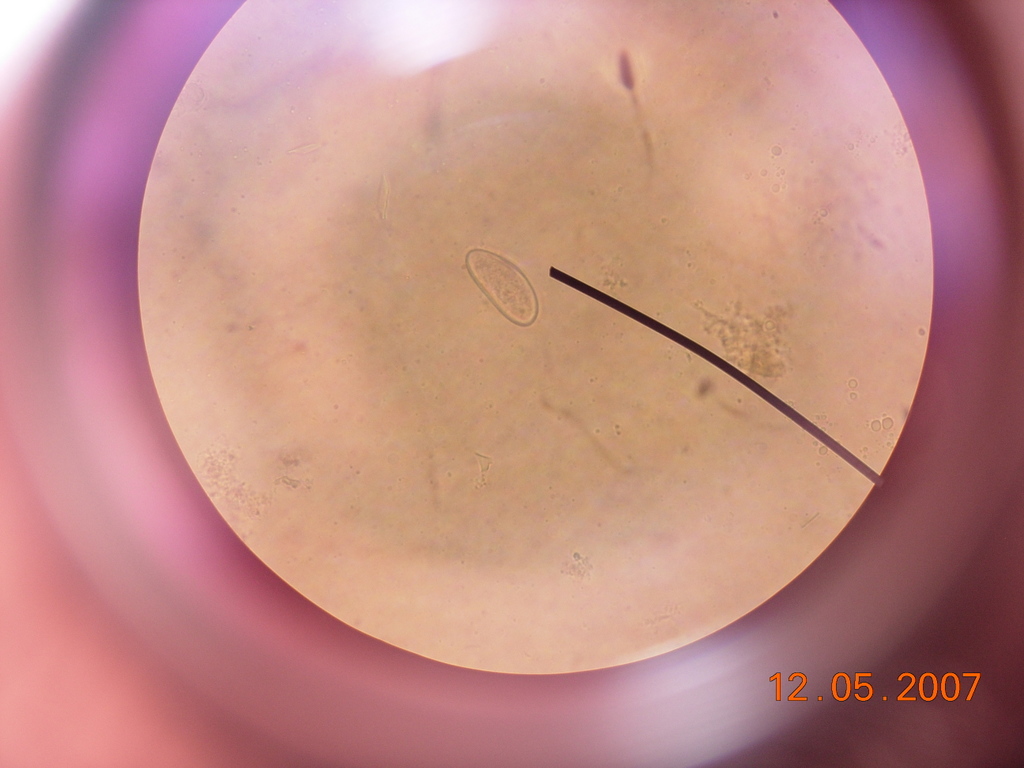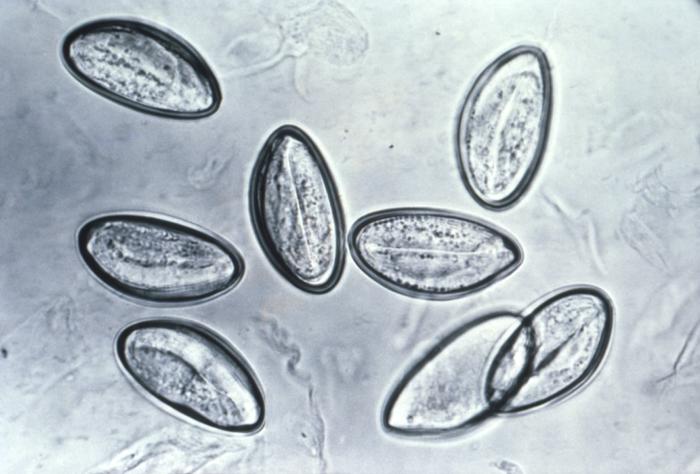Pinworm infection, also known as Enterobiasis, is a common parasitic disease caused by small, white worms that live in the intestines. This condition is highly contagious and primarily affects children, though it can occur in people of all ages. The scientific name for the worm responsible for this infection is Enterobius vermicularis. While the infection is not life-threatening, it can cause significant discomfort and disrupt daily life. Understanding its causes, recognizing its symptoms, and knowing how to treat and prevent it are essential steps in managing this condition effectively.

What Causes Pinworm Infection?
The primary cause of pinworm infection is the presence of a tiny, thread-like worm called Enterobius vermicularis. These worms inhabit the intestines and lay their eggs around the anus, leading to irritation and other symptoms. Below are the main factors contributing to the spread of this infection:
- Poor Hygiene Practices: Failing to wash hands properly after using the restroom or before eating can allow the eggs of the worm to spread from one person to another.
- Direct Contact: Close physical contact, such as playing or hugging, can transfer pinworm eggs from an infected individual to others.
- Contaminated Surfaces: Eggs can survive on surfaces like toys, bed linens, clothing, and furniture for up to two weeks. Touching these surfaces and then touching the mouth can lead to infection.
- Airborne Transmission: When an infected person scratches the area around their anus, pinworm eggs can become airborne and be inhaled by others.
Children are particularly susceptible to pinworm infections because they often put their hands in their mouths and may not practice proper hygiene consistently. Schools, daycare centers, and households with young children are common environments where pinworms spread.
Symptoms of Pinworm Infection
One of the most distinctive features of pinworm infection is that many individuals may not experience any symptoms at all. However, when symptoms do occur, they can range from mild to severe. Here are the most common signs associated with this condition:
Anal Itching
The hallmark symptom of pinworm infection is intense itching around the anus. This itching tends to worsen at night because the female worms migrate to the anal area to lay their eggs during this time. The itching can disrupt sleep and lead to fatigue over time.
Irritation and Discomfort
Frequent scratching due to anal itching can cause skin irritation and even lead to secondary bacterial infections. Redness, swelling, and soreness in the affected area are common complications.
Vaginal Symptoms in Females
In some cases, pinworms can travel to the vagina in females, causing additional symptoms such as vaginal itching, discharge, or discomfort. This is less common but can occur if the infection spreads beyond the anal region.
Abdominal Pain and Nausea
Although rare, some individuals may experience mild abdominal pain or nausea as a result of the worms living in the intestines. These symptoms are usually mild and resolve once the infection is treated.
Behavioral Changes in Children
Parents and caregivers may notice changes in a child’s behavior, such as restlessness, irritability, or difficulty concentrating. These changes are often linked to disrupted sleep patterns caused by nighttime itching.
How Is Pinworm Infection Diagnosed?
Diagnosing pinworm infection typically involves a simple procedure called the “tape test.” This test is performed in the morning before bathing or using the restroom. A piece of clear adhesive tape is pressed against the skin around the anus to collect any eggs or worms present. The tape is then examined under a microscope by a healthcare professional to confirm the presence of pinworms.
In some cases, additional tests may be conducted if the initial results are inconclusive or if other conditions need to be ruled out. However, the tape test remains the most reliable and straightforward method for diagnosing pinworm infections.
Treatment Options for Pinworm Infection
Fortunately, pinworm infections are relatively easy to treat. The goal of treatment is to eliminate the worms and their eggs from the body while preventing reinfection. Here are the most common approaches to treating this condition:
Medications
Antiparasitic medications are the primary treatment for pinworm infections. These medications work by killing the adult worms in the intestines. Commonly prescribed drugs include:
- Mebendazole: This medication is taken orally and is effective in eradicating pinworms. It is usually administered in a single dose, followed by a second dose two weeks later to ensure complete elimination.
- Albendazole: Similar to mebendazole, albendazole is another oral medication that targets the worms. It is often used as an alternative for individuals who cannot tolerate mebendazole.
- Pyrantel Pamoate: This drug paralyzes the worms, allowing them to be expelled from the body through bowel movements. Like the other medications, it is typically given in two doses spaced two weeks apart.
All household members and close contacts should be treated simultaneously, even if they do not show symptoms, to prevent the spread of the infection.
Hygiene Measures
In addition to medication, maintaining strict hygiene practices is crucial for preventing reinfection and spreading the worms to others. Here are some recommended measures:
- Frequent Handwashing: Wash hands thoroughly with soap and water, especially after using the restroom, changing diapers, and before eating or preparing food.
- Trimming Fingernails: Keeping fingernails short and clean reduces the risk of eggs being trapped under the nails and transferred to the mouth.
- Changing Underwear Daily: Fresh underwear should be worn every day to minimize the presence of eggs on clothing.
- Cleaning Bed Linens and Towels: Wash bedding, towels, and clothing in hot water to kill any eggs that may be present.
- Disinfecting Surfaces: Regularly clean and disinfect surfaces that are frequently touched, such as doorknobs, countertops, and toys.
Avoiding Scratching
To prevent further irritation and the spread of eggs, it is important to discourage scratching the anal area. Wearing gloves at night or applying soothing creams may help reduce the urge to scratch.
Preventing Pinworm Infection
Prevention is key to avoiding pinworm infections, especially in environments where the risk of transmission is high. By adopting good hygiene habits and taking proactive measures, the likelihood of contracting or spreading the infection can be significantly reduced.
Educating Children
Teaching children about the importance of handwashing and discouraging behaviors like nail-biting or thumb-sucking can go a long way in preventing pinworm infections. Schools and daycare centers can play a vital role in reinforcing these lessons.
Regular Cleaning
Maintaining a clean home environment is essential for minimizing the risk of infection. Vacuuming carpets, mopping floors, and laundering fabrics regularly can help remove any lingering eggs.
Isolating Infected Individuals
If someone in the household is diagnosed with a pinworm infection, it is advisable to take precautions to avoid spreading the infection. This includes refraining from sharing personal items like towels, combs, or clothing until the treatment is complete.
When to Seek Medical Attention
While pinworm infections are generally harmless and treatable, there are certain situations where medical attention should be sought. These include:
- Persistent symptoms despite completing the prescribed treatment
- Signs of a secondary infection, such as pus or increased redness around the anus
- Severe abdominal pain or vomiting
- Concerns about potential complications in pregnant women or individuals with weakened immune systems
In such cases, consulting a healthcare provider is important to rule out other conditions and ensure appropriate care.





